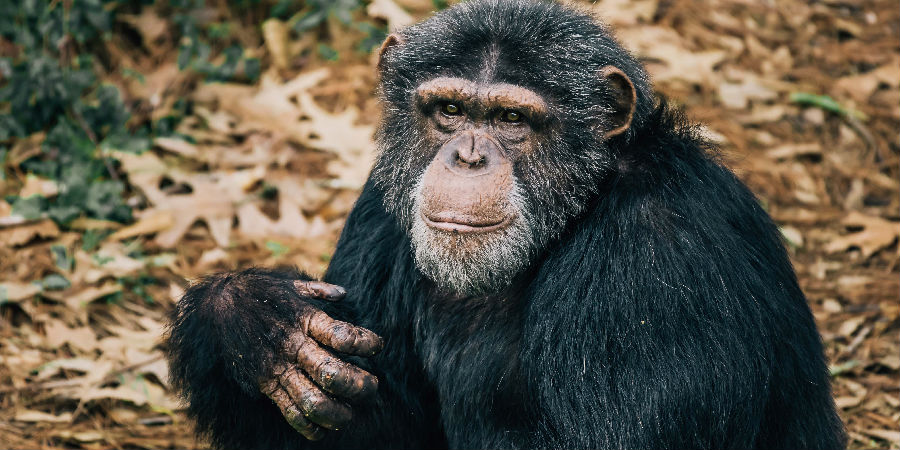(单词翻译:单击)
As we have noted elsewhere in the book, modern human beings show remarkably little genetic variability—"there's more diversity in one social group of fifty-five chimps than in the entire human population," as one authority has put it—and this would explain why. Because we are recently descended from a small founding population, there hasn't been time enough or people enough to provide a source of great variability. It seemed a pretty severe blow to multiregionalism. "After this," a Penn State academic told the Washington Post, "people won't be too concerned about the multiregional theory, which has very little evidence."
正如我们在本书中其他地方所提到的那样,现代人类的基因差异性极小并无明显的差异性——正如一位权威所指出的那样, “一群55个黑猩猩组成的族群,其基因的差异性比整个人类还要大”,这就说命了原因。因为我们是最近从一小群祖先繁衍下来的,既没有足够的时间,也没有足够多的个体来形成基因的多样性。这似乎又是对“多地区起源”假说的猛烈冲击。“今后,”宾夕法尼亚州立大学的研究人员告诉《华盛顿邮报》说,“人们不会再过多在意‘多地区起源’理论,因为支持它的证据几乎没有。”

But all of this overlooked the more or less infinite capacity for surprise offered by the ancient Mungo people of western New South Wales. In early 2001, Thorne and his colleagues at the Australian National University reported that they had recovered DNA from the oldest of the Mungo specimens—now dated at 62,000 years—and that this DNA proved to be "genetically distinct."
但是,在发生这一切的过程中,人们没有想到新南威尔士州西部的古蒙戈人在某种程度上具有提供大家意想不到的信息的无限本事。 2001年初,澳大利亚国立大学的桑恩和他的同事们宣布,他们从一个最古老的蒙戈人标本——生活于62000年前——中提取了DNA,研究表明,这种DNA“有着与众不同的基因特点”。


